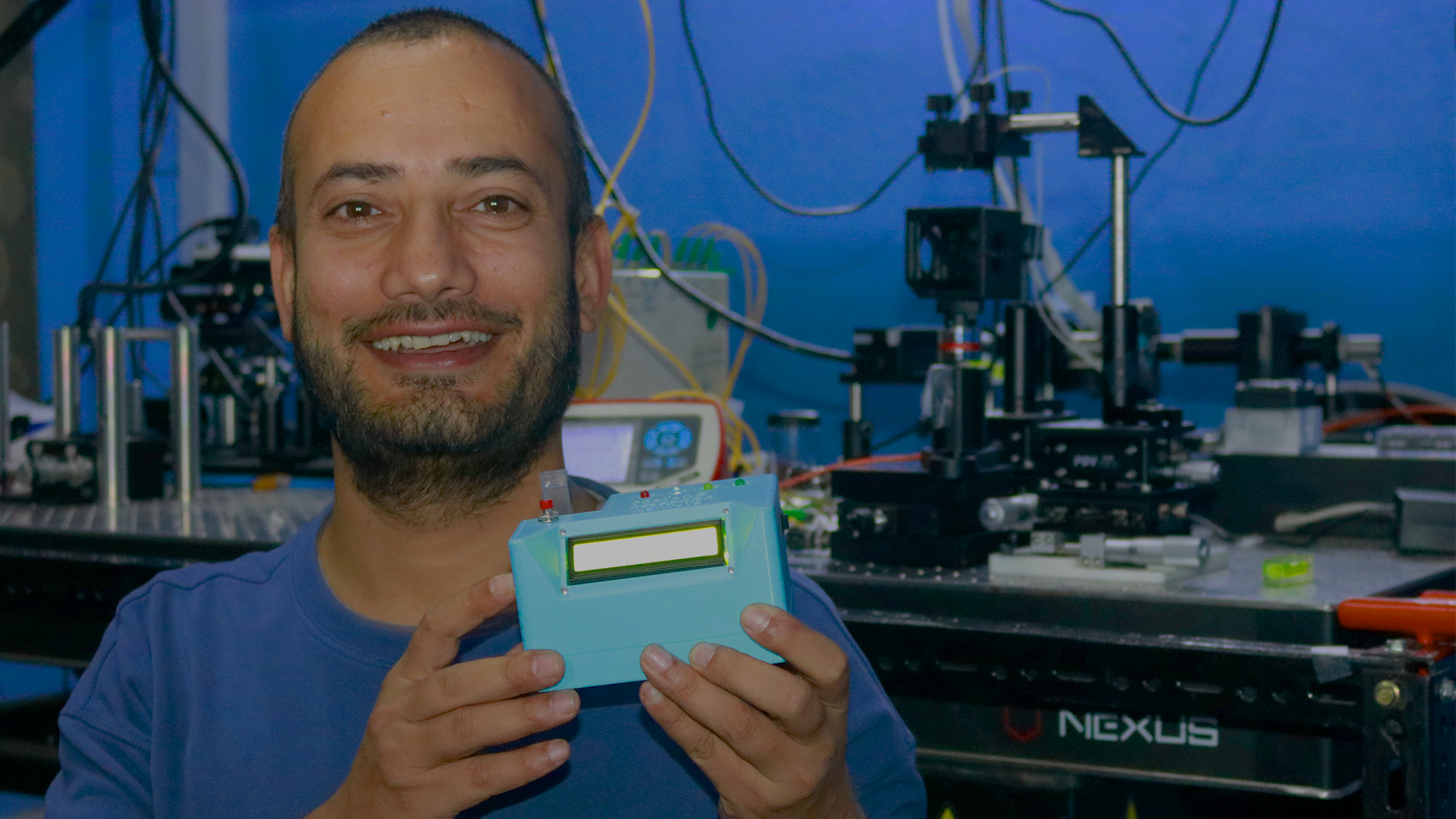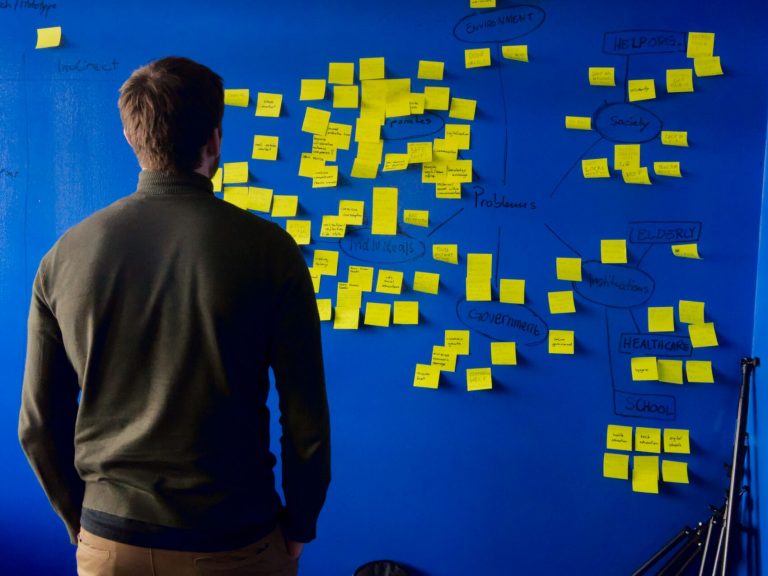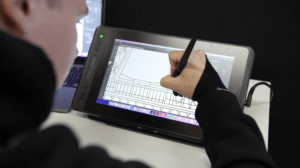Ashim Dhakal, a scientist from Nepal, is creating life-saving technology that will actively save countless individuals. With Water Assessment System (WAS), Ashim is bringing a quick, cost-effective means to test water for E. coli. From the results collected from his device, communities will be able to detect whether or not their water is safe to drink, and then take the proper steps for its sanitization and consumption. Continue reading below to learn more about Ashim, and how the funding he earned for his project will continue to serve communities in need.
Can you tell us a bit about your background, and your entrepreneurship journey?
I am a scientist by profession. I am co-founder of Phutung Research Institute in Nepal, which mainly focuses on building technologies that matter to developing countries. We’ve been doing research in several areas, but mainly focused on spectroscopy which is a technique to analyze water using light. My core area of research is also the same. I did my Ph.D. research at Ghent University around these technologies. When I finished my Ph.D in 2016, I thought that I should contribute something back to my country and I came back to Nepal. I began doing several exploratory research and development activities to address several problems in my country, one being fluorometers to analyze water to detect bacterial contamination. We did a lot of R&D and calibration studies with the fluorometers we have been developing, and it looks like the fluorometer works. Now we want to take it to the market, and make a sustainable business from it. While we were doing this, I met Jord Drontmann, a student at Global School for Entrepreneurship and co-founder of the Diyalo Foundation. Some partners of the foundation approached me saying that they wanted to connect me with the experts in the field if I was interested. Obviously, I agreed as collaboration is life and the blood of all R&D and entrepreneurship activities. I knew very well that I wasn’t self-sufficient in a lot of aspects related to taking the idea to market, and I needed a lot of knowledge and support. At that point, Jord proposed that I take a few lessons at Global School for Entrepreneurship, which I happily agreed to. I am in the learning phase of my entrepreneurship journey. Let’s see where it goes.
Can you kind of summarize the whole idea of the project?
Globally, about 4 billion people drink or use water that has not been tested at all. And that is mainly because the current technologies that are available to test water requires a huge infrastructure, as well as a trained workforce, chemicals, etc.; testing water with current techniques is a very expensive process. These techniques are widely used in developed countries. In countries like ours, even if we find some money to set up these, we might not have a skilled workforce, chemicals, surveillance and information management system, or the whole ecosystem. And you know, we can probably afford to have one or two in a country, but they cannot be made accessible across the country. Also, you need to have the right legal and surveillance framework and methods in place to actually have those tests to deliver impact. All of this leads to an ineffective water-ecosystem. Another equally important problem is that the prevalent technology takes time to generate reports. If there is an outbreak in a remote location, you collect samples from there and bring them to the capital, where there is the infrastructure, then you have to wait for at least 24 hours. By the time you get the results, it might already be too late. So, we thought okay, you know, let’s try to address this issue. Let’s try to find a technology where one can test water quickly at a very low cost and that can easily be deployed across the country. The technology also needs to be very user-friendly, because most of the people who would be using it in remote locations may not be technically educated or trained well enough to use a highly technical device.
You mentioned that you took some courses at Global School, how did that help you out?
I took Present Your Startup, Finance for Entrepreneurs, Preventing Legal Mistakes, and Brilliance of Failure. All of these courses were wonderful and it was a highly educational experience for me personally. I have been very much into my research activities, and very rarely thought about the broad perspective of taking an idea into the market, the challenges of an entrepreneurship journey and all that. So these courses have really helped me to plan my next entrepreneurship journey. I also got in touch with one of the Business Coaches there, and in several meetings he really took time to understand my case and provided a lot of helpful comments on a proposal I wrote about a year ago. At the time I didn’t even know what B2B and B2C were, you know, very common terminologies in entrepreneurship. I think I learned quite a lot from the courses at Global School for Entrepreneurship, as well as Diyalo Foundation and the whole team.
Can you tell us about the funding you’ve received?
I recently got a prize of $100,000 from Optica Foundation, a highly respected professional organization of optical scientists and engineers. I applied for the call, and I used a lot of the knowledge that I learned from Global School while writing the proposal. I thank and share this joy with Global School for Entrepreneurship, as well as, of course, the Diyalo Foundation and also so many of my other R&D partners.
How did that process go?
It was actually a highly competitive award. It was open to all members of the Optica, who are professionals in optical sciences. I think there were about 120-130 proposals. Out of them, they selected 10. Most of those proposals are, so far as I see, focused more on scientific questions to address big challenges in the world such as health, environment, and energy, scientific studies; my project seems to be the only one with an entrepreneurship-oriented goal. I applied to the environmental environment sector. Four projects got the prize in the sector and ours was one.
What are you planning to do with the funding you’ve received?
I’m going to spend the prize money on piloting our technology, that is, to get enough evidence that there is utility and demand in the market, and to get comprehensive feedback from the customers. If there’s no demand then, identify what needs to be done to address the issue of water testing with our technology. We might think, well, ‘our product is awesome, everybody’s gonna like it,’ but a user’s mind in the market is very complicated. I’ll be using the funds we won to go through the iterative process of going into the market and getting feedback to understand the user’s mind, and then giving them another, more polished product, and so on. But my ultimate goal is to get water testing devices to the poorest communities in the world.
Do you have any particular plans for the future?
In the future, we will keep making our technology better and more relevant to address the water contamination issue. Of course, we can not solve the whole issue ourselves; there are so many cogs-and-wheels that should play their roles to solve this issue: government, investment, infrastructure, the political will, people’s awareness, all of these things need to be there. And also, of course, disinfection after identification is another issue that needs to be looked at, and probably packaged with our device. However, for now, we will mostly focus on developing our devices to find the best product-market-fit and getting everything right with our technology so that it can play a very critical role in the ecosystem.









